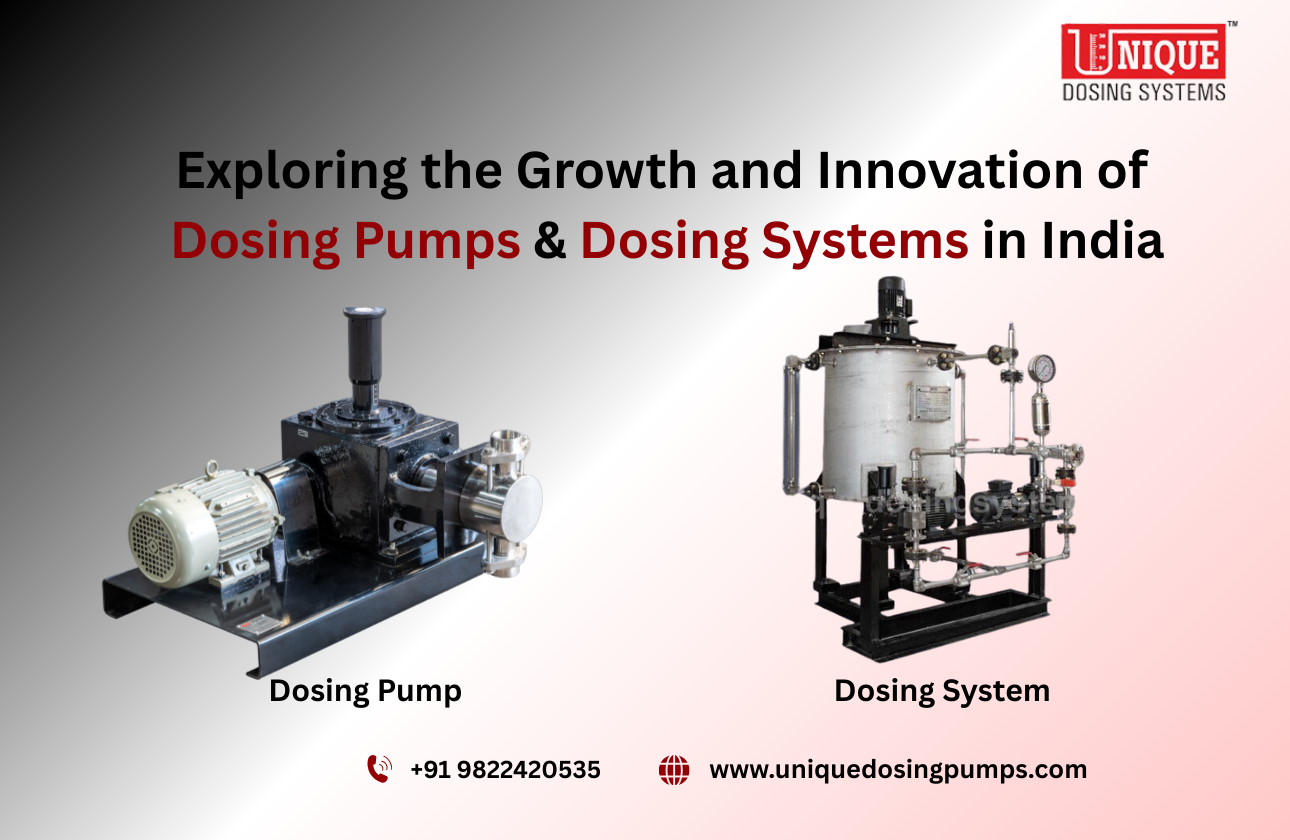Introduction to Dosing Systems in India
The industrial landscape in India is witnessing significant transformation, with dosing systems emerging as crucial components across various sectors. These systems are designed to accurately dispense different types of fluids, ensuring precision in manufacturing, pharmaceuticals, water treatment, and more. As industries in India strive for efficiency and accuracy, the demand for advanced dosing systems continues to grow.
What Are Dosing Systems?
Dosing systems are highly precise mechanisms used to control the flow of chemical substances into a process. These systems are indispensable in maintaining the efficiency and safety of operations where exact chemical dosages are critical. Typically, a dosing system includes components such as dosing pumps, control units, and storage tanks, working collectively to provide a seamless flow of materials.
Key Components of Dosing Systems
The core component of any dosing system is the dosing pump, which is responsible for the movement of the chemical from the storage tank to the point of application. These pumps are designed to handle a variety of fluids, including aggressive and corrosive chemicals. Control units monitor the flow rate and adjust the dosing accordingly, ensuring consistency and accuracy in the process.
The Role of Dosing Pumps in India
Dosing pumps have become a backbone for several industries in India, from agriculture and pharmaceuticals to water treatment plants. Their ability to deliver precise amounts of fluids makes them invaluable where exact dosing is necessary to uphold quality and safety standards. In water treatment, for example, dosing pumps help maintain the purity of water by adding accurate measures of chlorine and other chemicals.
Types of Dosing Pumps
There are various types of dosing pump used across industries, each serving specific requirements:
- Diaphragm Pumps: Known for their reliability and ability to handle harsh chemicals.
- Peristaltic Pumps: Ideal for handling viscous fluids without contaminating the material.
- Piston Pumps: Used in industrial applications requiring high pressure.
Factors Driving the Growth of Dosing Systems in India
Several factors are contributing to the increased adoption of dosing systems in India:
1. Industrial Expansion
The rapid growth of various industrial sectors necessitates the use of advanced technology for efficient operations. Dosing systems enable manufacturers to enhance productivity and maintain high-quality standards.
2. Technological Advancements
Continuous advancements in dosing technology have led to the development of more efficient, reliable, and user-friendly systems. These innovations are attracting industries looking to upgrade their processes and reduce operational costs.
3. Environmental Regulations
Stringent environmental regulations are prompting industries to adopt dosing systems that ensure proper chemical management and waste reduction, aligning with sustainable practices.
Conclusion
Unique Dosing systems play a pivotal role in driving industrial efficiency and ensuring the accuracy of fluid management across various sectors in India. With the rise in technological advancements and a growing emphasis on environmental sustainability, the future of dosing systems appears promising. As industries continue to evolve, the integration of sophisticated dosing systems will be a critical factor in maintaining competitive advantages across global markets.
Published on November 22, 2025 by Admin
